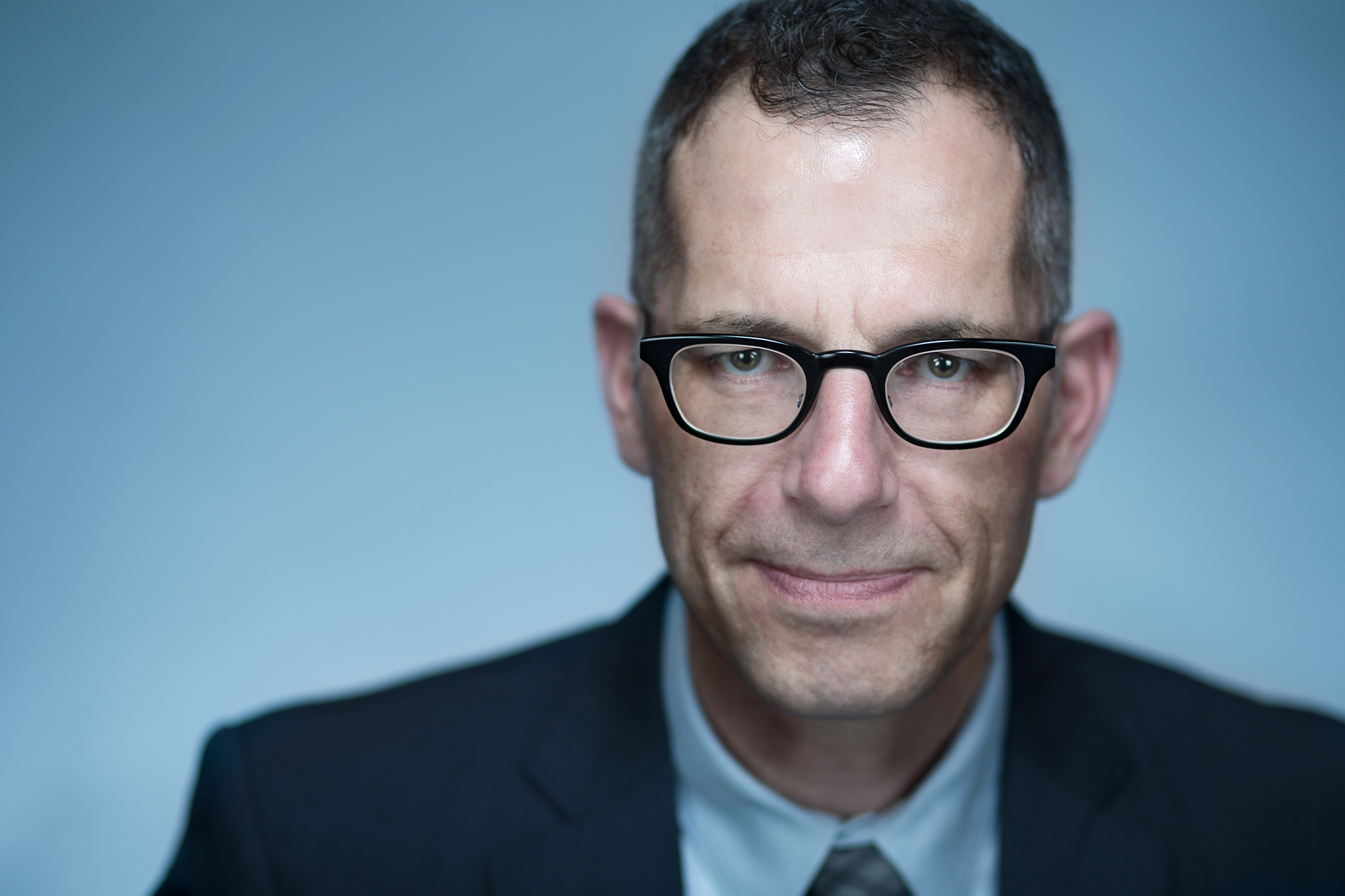Message from the Associate Dean, Graduate Studies
 On behalf of the Faculty of Medicine & Dentistry at the University Alberta, I thank you for undertaking, or considering to undertake, your graduate or postdoctoral studies here. For graduate students, this is an important step that for many marks the transition to a research-intensive education program through completion of either an MSc or PhD degree. Both are valuable credentials that provide you with advanced skills aimed at problem solving and knowledge synthesis. To that end, in addition to supporting you towards preparing and defending a thesis, programs focus on four core competencies in the areas of: (i) professional development and ethics; (ii) communication; (iii) critical reading and thinking; (iv) and discipline-specific knowledge. For postdoctoral fellows, it is an opportunity to further refine your research interests, enhance an already sophisticated skillset, and demonstrate independence and leadership.
On behalf of the Faculty of Medicine & Dentistry at the University Alberta, I thank you for undertaking, or considering to undertake, your graduate or postdoctoral studies here. For graduate students, this is an important step that for many marks the transition to a research-intensive education program through completion of either an MSc or PhD degree. Both are valuable credentials that provide you with advanced skills aimed at problem solving and knowledge synthesis. To that end, in addition to supporting you towards preparing and defending a thesis, programs focus on four core competencies in the areas of: (i) professional development and ethics; (ii) communication; (iii) critical reading and thinking; (iv) and discipline-specific knowledge. For postdoctoral fellows, it is an opportunity to further refine your research interests, enhance an already sophisticated skillset, and demonstrate independence and leadership.
Graduate programs within the Faculty of Medicine & Dentistry encompass diverse research areas that span the basic discovery, translation, and clinical realms, with additional opportunities through the School of Dentistry. Both graduate students and postdoctoral fellows can thrive through a combination of departmental and institute-led research environments and themes. Recognizing graduate and postdoctoral studies can be both inspiring and challenging, the Faculty of Medicine & Dentistry provides resources through the Office of Advocacy and Wellbeing with an Assistant Dean dedicated to this portfolio in addition to assistance provided through individual program directors and broader university community.
A number of graduate programs within the Faculty of Medicine & Dentistry are designed to provide specific expertise and career paths. For students admitted to the Undergraduate Medical Education program, the option exists to complete a PhD as part of the combined MD/PhD program, which also has flexibility to accommodate current doctoral graduate students. Similarly, the Clinical Investigator Program support completion of a graduate degree while in a medical residency program with accreditation from the Royal College of Physicians & Surgeons of Canada. Both programs are meant to foster the development of Physician-Scientists. The Medical Physics graduate program creates an internationally accredited path towards PhD-based clinical practice as a medical physicist. Last, there are expanding options in course-based MSc training and clinical practicums through the Department of Laboratory Medicine & Pathology that lead to competency in applied healthcare disciplines. Regardless of what training path you choose, the proficiency and knowledge you acquire can prepare you for broad-ranging and rewarding career options in the academic, public, health, or private sectors.
Dr. Alan UnderhillAssociate Dean of Research